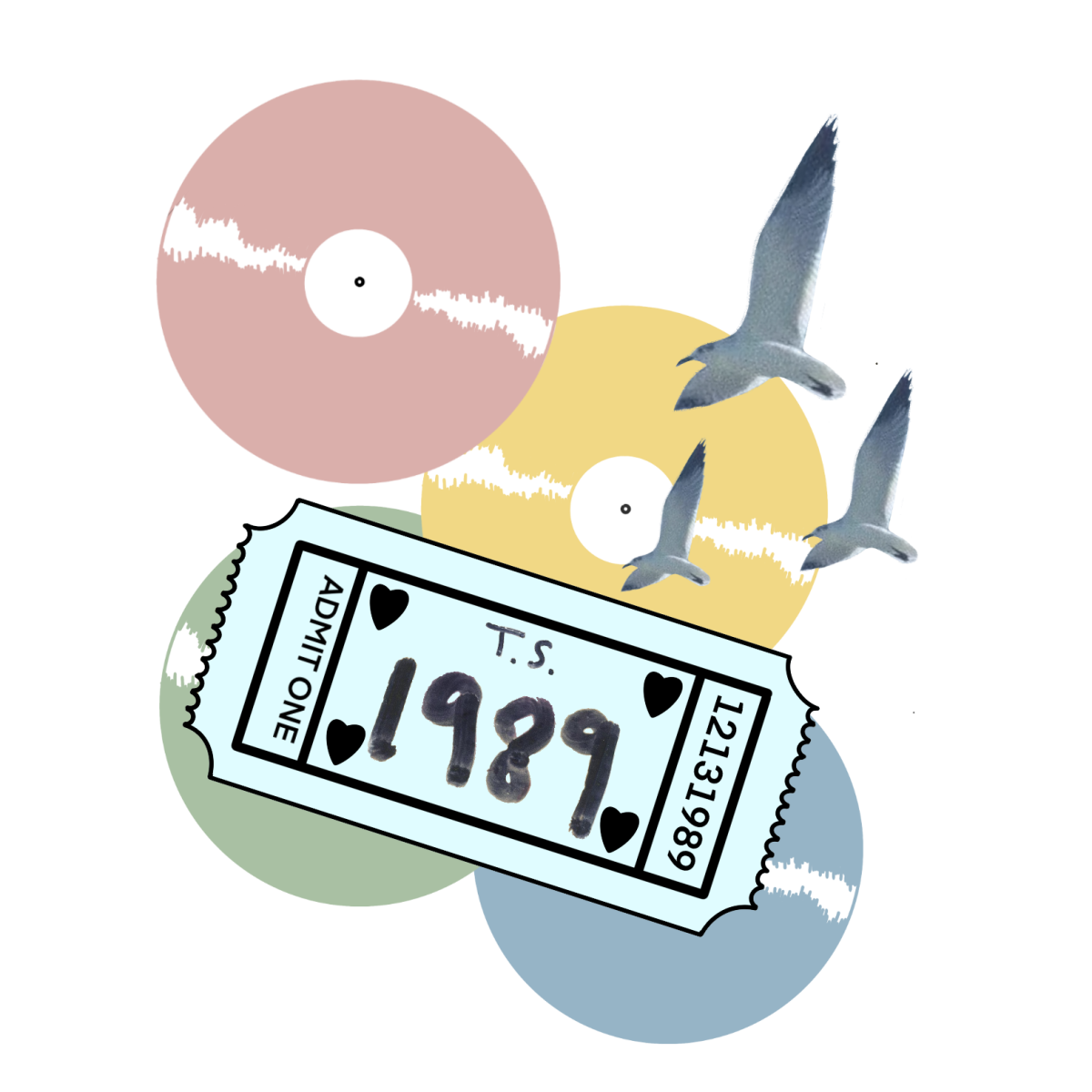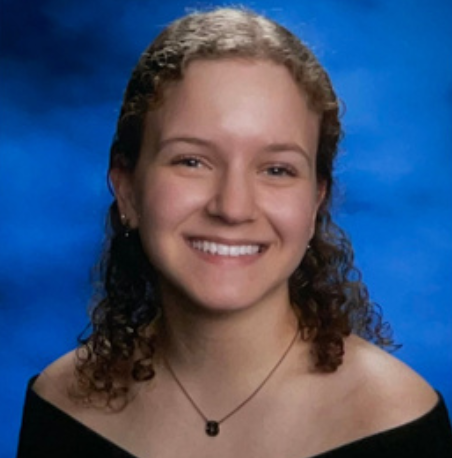The pop bible has returned in a fury of synths and snare drums. Welcome to the new Taylor Swift, one encapsulated with stories of love, loss and wildest dreams.
Swift announced the release of her re-recording of “1989” in August, following in the steps of “Fearless,” “Red” and “Speak Now” taking back the rights to her music. The rights to her original recordings of her first six albums, from “Taylor Swift” to “Reputation,” are owned by ex-manager Scooter Braun, and after she parted ways with Big Machine Records, she started the endeavor of taking her music back.
Along with the announcement of the re-recording, Swift partnered with Google to create a set of puzzles for fans to figure out the vault track titles – vault tracks are previously unreleased songs from the album.
Fans had to work through 33 million puzzles before the tracks were announced, which was reached in a matter of days – promptly after Google crashed from the influx of Swift’s fans.
At midnight on Oct. 27, “1989 (Taylor’s Version)” was released on all platforms.
Save minor changes to the production and vocal maturity, the original 16 tracks are the same. The five vault tracks mimic the cinematic pop of the original album, while simultaneously telling their own story of a love affair in screaming color.
The first vault track, “Sl-t!,” was an expected dig at Swift’s reputation as a “serial dater,” similar to the stylings of “Blank Space.” Swift, however, chose to go for a somber love song of acceptance. Featuring a sparkling synth and smooth bass, Swift accepts the media’s perception of her and stays in love regardless. She sings, in a call-and-response manner, “And if they call me a (Sl-t) / You know it might be worth it for once / And if I’m gonna be (Drunk) / I might as well be drunk in love.”
The second vault track, “Say Don’t Go,” pairs well with “Clean,” an earlier song on the album, leaning toward the darker, heavier aspects of a breakup. Begging the person to choose her, the chorus builds into a cacophony of shouting “Don’t go!” The percussion matches the build to create a cinematic experience, and the outro touches on the acoustic roots to which Swift is accustomed. Again, the outro is a version of acceptance, wherein Swift knows the person will not ask her to stay, and instead let her walk out of the door and consequently the relationship.
The third vault track, “Now That We Don’t Talk,” builds upon a sense of 2014 pop nostalgia, utilizing a simple backing track. Most important to this track is the lyricism, where Swift details how she is better off now that she and her ex don’t talk, while simultaneously wishing the person would return to how they were before the breakup. It is a classic, simple song, and while not a standout, it is a display of the nuance of change at the end of a relationship. It is also Swift’s shortest song to date, clocking in at only 2 minutes, 24 secomds.
The fourth vault track, “Suburban Legends,” is reminiscent of the final track on Swift’s album “Midnights,” “Mastermind,” in production. The song plays with the idea of young love between people stuck in the fantasy of mismatched star signs and kisses that are “gonna screw me up forever.” Throughout the song, there are references to classmates and high school, bringing listeners back to the age-old tale of, one might say, “Miss Americana and the Heartbreak Prince.”
The final vault track, “Is It Over Now?,” is a stand-out and rightfully the final track of the album. Dragging her ex through the mud, Swift asks when the relationship ended, wondering “Was it over when she laid down on your couch? / Was it over when he unbuttoned my blouse? … Was it over then? / And is it over now?” The bridge, the part of her songs Swift is most known for, is again a dedication to her reputation, where there are “Only rumors ’bout my hips and thighs / And my whispered sighs.” The album ends in a classic Swift fade-out, leaving the vault tracks in the same way as she began.
Most of the songs sound similar to either each other or to other songs on Swift’s discography, but there is still the distinct “Swift-ification” of the brutality of love affairs and the resulting acceptance, or so it goes.
“1989 (Taylor’s Version)” is expected to hit number one on music charts upon its release and is predicted to sell a starting sum of 75,000 units, according to Forbes. In the same sense, the original recording is expected to drop from the charts as Taylor’s Version takes the main stage.



